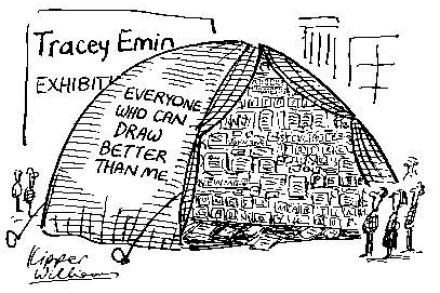If the slebs think the tabloids are bad, let them deal with the people who read them
Well, knock me down with a Ferrari, who’d have thought it? Jemima Khan and Jeremy Clarkson! The fragrant, pouting Mima — epitome of well-bred, bankrolled, metro liberal hand-wringing faux angst — getting it on with the dishevelled reactionary so far to the right-of-centre-he’s-almost-in-the-median-strip petrolhead Jeremy. Well, knock me down with a Ferrari, who’d have thought it? Jemima Khan and Jeremy Clarkson! The fragrant, pouting Mima — epitome of well-bred, bankrolled, metro liberal hand-wringing faux angst — getting it on with the dishevelled reactionary so far to the right-of-centre-he’s-almost-in-the-median-strip petrolhead Jeremy. It’s like finding out that Harriet Harman has been secretly knocking off Jim Davidson behind our backs. Or Shami Chakrabati











